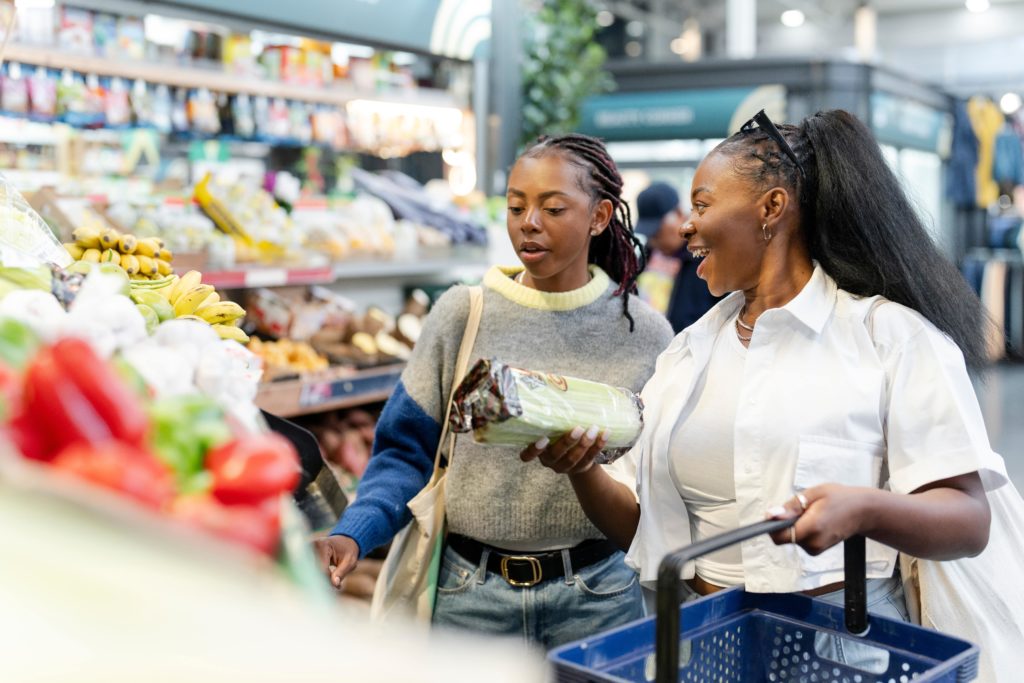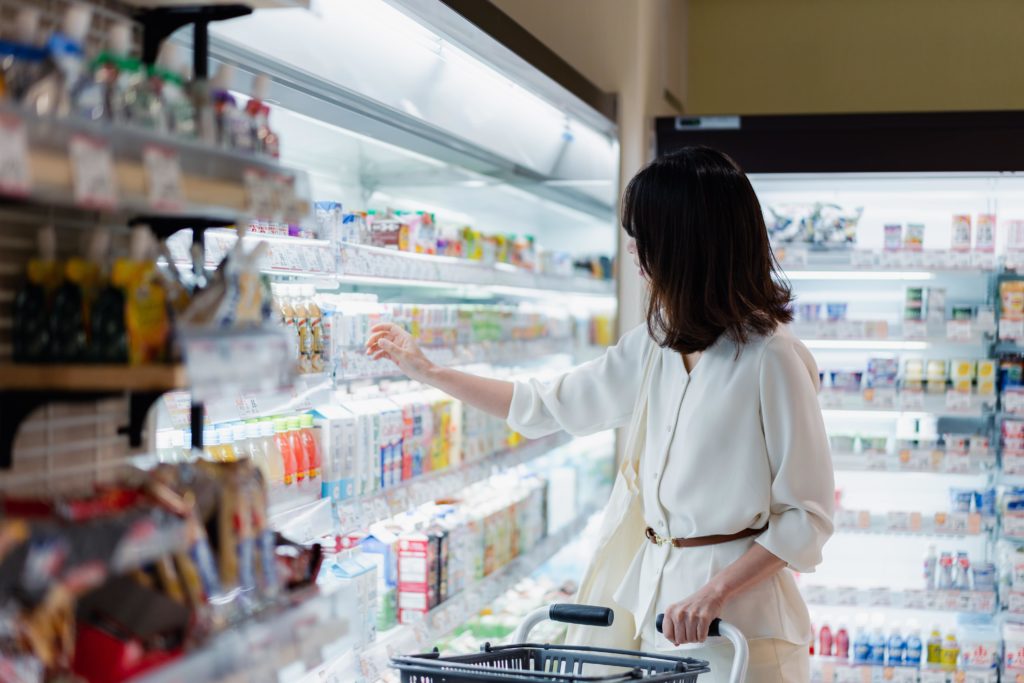Consumer priorities are shifting, brand loyalty is fading, and private labels are stepping into the spotlight
63% of global consumers believe that if a food or drink product is expensive, it must be higher quality (FMCG Gurus, 2025).
Private label is gaining momentum globally as traditional measures of brand value, like heritage, scale, and awareness, become less relevant. Today’s consumers are navigating a marketplace with more options and platforms than ever. As a result, they expect brands to reflect their lifestyles, values, and evolving needs. Even with financial pressures, consumers are not simply chasing the lowest prices. Instead, they’re willing to spend more on products that offer added convenience or indulgence. This marks a clear departure from the old view of private label as merely a cheaper copy of branded goods. To stay competitive, retailers need to elevate their private label ranges. This would involve positioning them as standalone brands that offer both premium and budget options. In addition, this would be underpinned by meaningful innovation that is hard to replicate.

Convenience is the new loyalty
64% of global consumers still say they shop in physical stores for food, drink, and household care (FMCG Gurus, 2025).
The way people shop is shifting, driven less by routine and more by flexibility and ease. In the past, consumers relied on familiar retailers for trusted brands at fair prices. But today, the pace of life, digital reliance, and societal shifts are making convenience key. Consumers now expect seamless, fast, and flexible shopping experiences. This includes delivery services like Uber Eats and Deliveroo, which have reset expectations around speed and access. In this landscape, a retailer’s or brand’s legacy matters less than how well they meet consumers’ real-time needs.

Social media and influencer culture are redefining what drives consumer trust and interest
38% of consumers under 35 who follow brands on social media do so to discover exclusive or limited-edition food and drink products (FMCG Gurus, 2025).
For younger consumers, especially those who’ve never known a world without social media, digital platforms are central to how they engage with brands. Around two-thirds of under-35s interact with brands on social media, often to stay informed about new launches or even influence product development. Viral trends and influencer endorsements can turn obscure products into global sensations overnight. This sometimes diminishes the role of tradition and brand heritage. For private label, this presents opportunities: tapping into online trends, partnering with influencers, and offering exclusive or limited-edition items that respond to evolving digital culture and consumer cravings, rather than relying on legacy-driven trust.
Discover more with FMCG Gurus’ Trend report: Private Label & A Shift in Focus – 2025. For more details, contact us at info@fmcggurus.com.